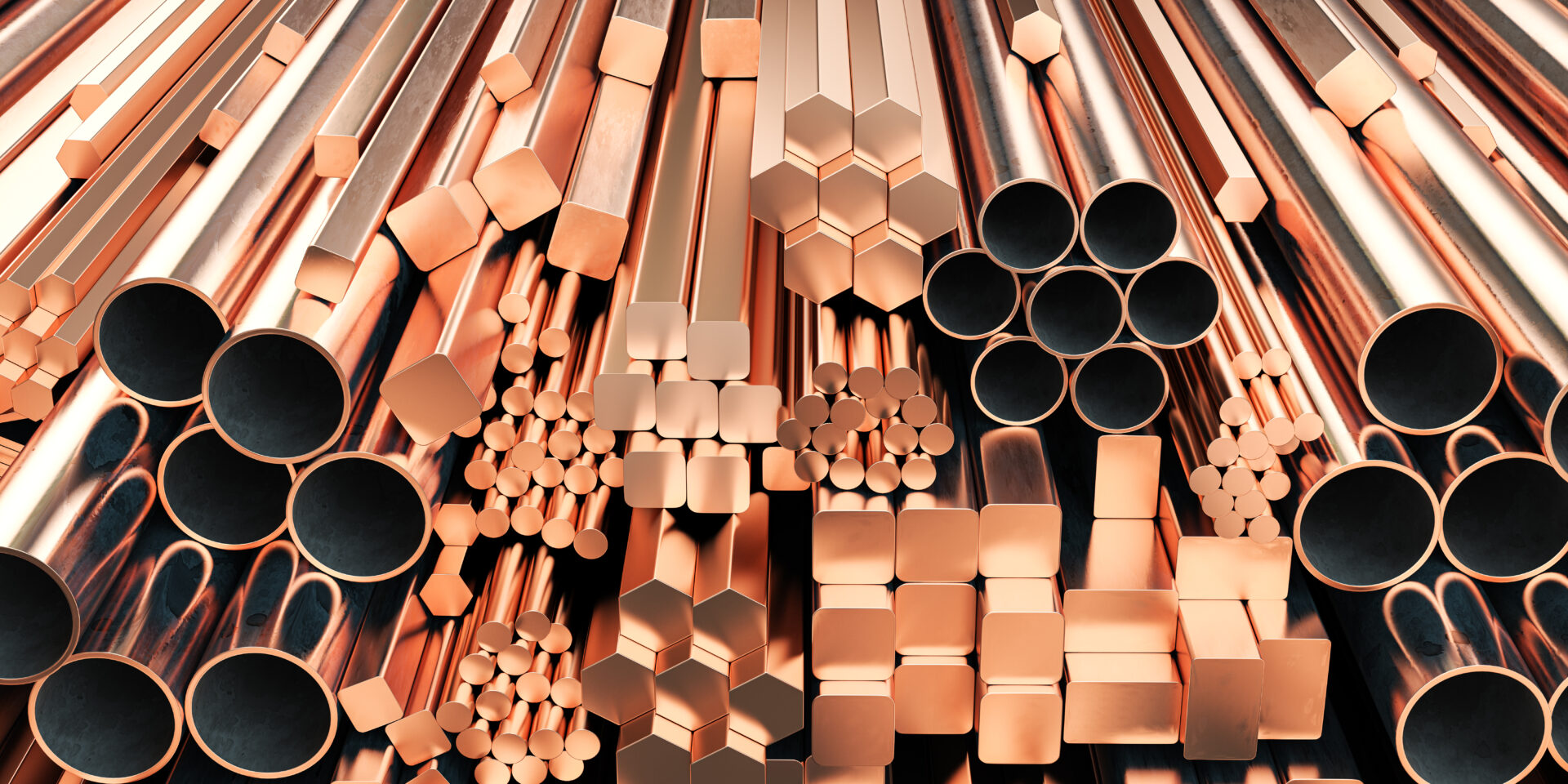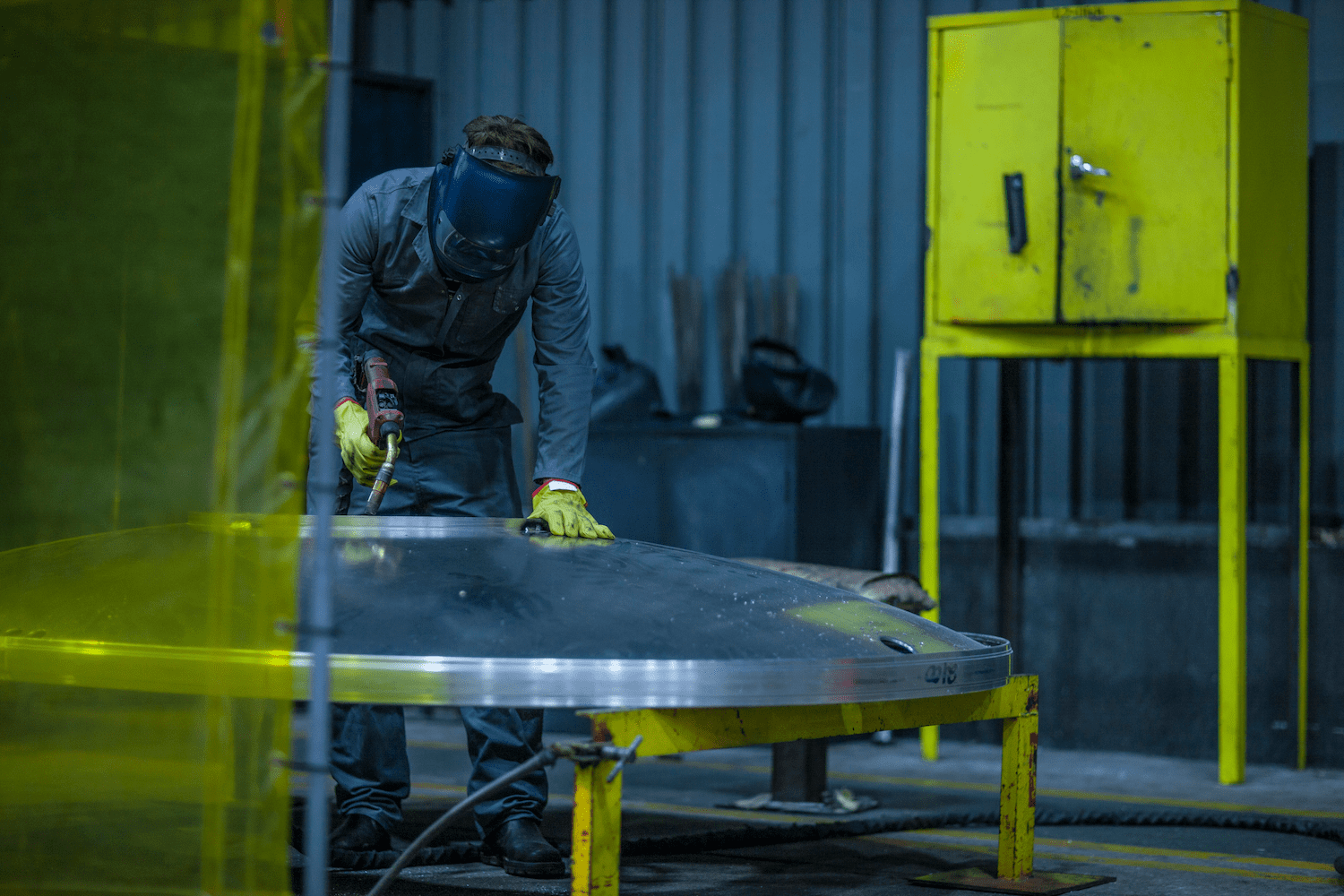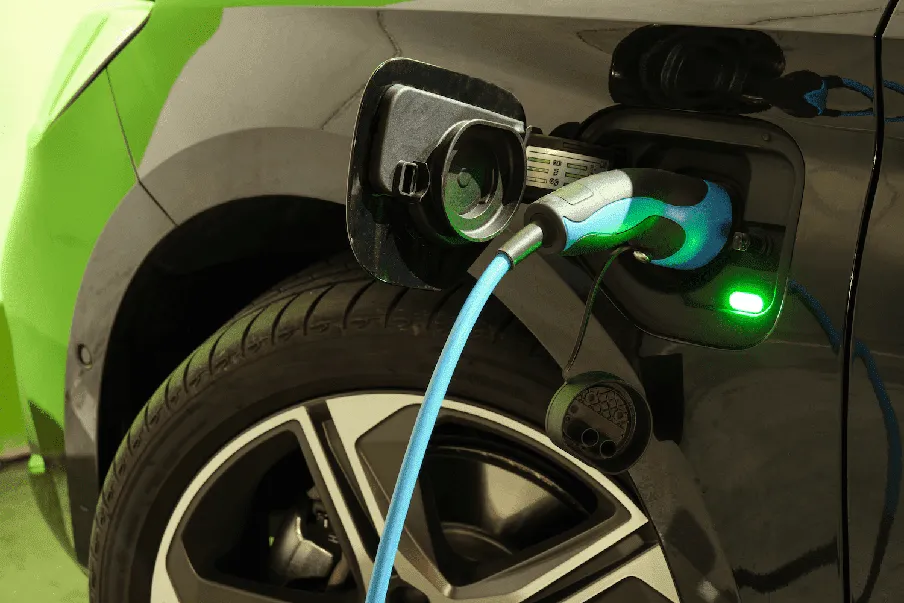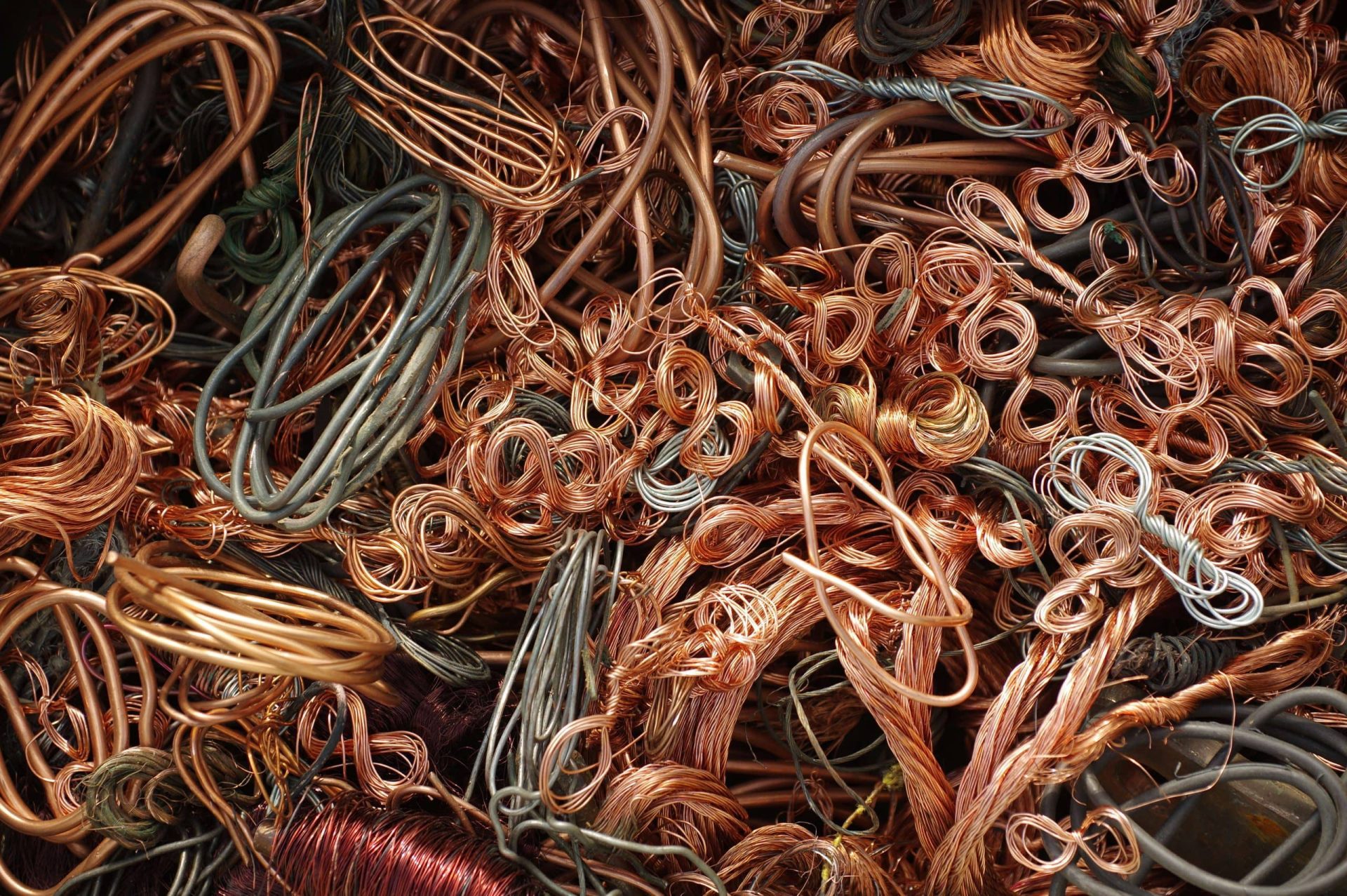
When you think of precious metals, gold, silver, and platinum are probably the first to come to mind. But, what if we told you that copper scrap metal is quickly becoming the next big metal?
So, when will scrap copper prices go up?
An analysis titled “Copper is the New Oil,” Goldman Sachs predicts copper will approach $51,000 per metric ton by 2025.
So, why is the price of copper scrap expected to increase so much, so quickly? In this article, we will explain why there is an increase in the demand and price of copper and what you can do to reap the benefits.
First, let’s talk about copper in today’s day and age.
Transition to Renewable Energy Increases Demand for Copper
As more and more governments realize the severity of present-day climate change, such as an increase in global temperatures and natural disasters, there has been a surge in news about the positive effects of renewable energy.
As we learn new ways to convert to renewable energy, new resources are receiving more attention. And one of those resources is none other than copper!
The role of copper in renewable energy has drastically increased as copper is essential in the production of:
- Solar panels
- Wind turbines
- Electric vehicle (EV) batteries
- EV charging stations
- Other clean energy alternatives
With so many corporations turning to renewable energy, it is predicted that, by 2030, there will be an increase in copper demand by up to 900% on an annual basis to 8.7 million tons.
Unable to Sustainably Meet Demand for Copper
You may be saying, “Renewable energy is a good thing, right?” Yes, it is. But, when the demand of a natural element increases, there needs to be a sufficient supply of it to keep up.
The problem? We are unable to efficiently meet these demands for copper. Here’s why.
Sustainably Unearthing More Copper is Difficult
In order to get more copper, you need to mine, or unearth, the copper orebodies. As we mine more and more copper, we begin to use up all of the easily accessible orebodies. This leaves us with only the most difficult locations to mine for more. These locations include places like the Arctic or the deep sea.
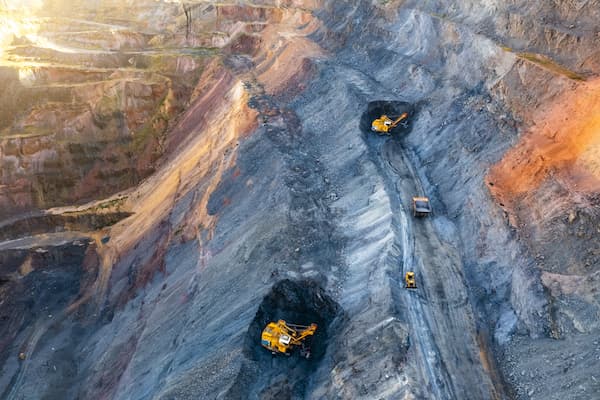
Not only does it become difficult to locate unearthed copper, but it also gets harder to mine it sustainably. This is because these orebodies are lower grade and release toxins like arsenic, a chemical element that has the potential to cause cancer and harm the environment.
Along with this major problem, copper mine operations also face a lot of opposition.
Opposition Against Mining Leads to Legal Battles
With it being difficult to mine copper sustainably, there has been an increase in public outcry against these mining projects. Furthermore, political opposition from local and international governments are causing projects to be put off or canceled altogether.
One reason for the outcry is that about half of the orebodies left are close to Indigenous people’s lands or areas protected by biodiversity conservation. The only copper orebodies left are often ones located in areas that are already struggling with a water crisis. This leaves the miner in competition with other industries for resources such as water.
With miners being unable to keep up with the demand, it is likely we will see a rise in copper prices.
Copper Scrap Prices May be On The Rise (Supply vs Demand)
When there is a high demand and low supply (in this case, a very hard to get to and environmentally challenging supply), prices will rise. For copper, a major supply gap of over 8 million tons from now through 2030 is currently foreshadowed.
With that being said, copper prices have risen by nearly 80% in 2021, and it does not look like the climb is slowing down anytime soon.
So, what does this mean for you?
Copper: The Scrap Metal of the Future
While buying new copper is becoming increasingly expensive, there is a nice alternative: recycled copper scrap metal.
When there are limited resources, recycling metal becomes more important than ever.
You can trade-in your copper scrap metal or buy recycled copper as a way to save your business money. This not only has a positive environmental impact, but also an economic one. Keep reading to learn how scrapping copper can benefit you.
Environmental Benefits of Recycled Copper
Recycling copper benefits the environment in several ways. For instance, while trying to keep up with the demands for these metals, we can quickly run out of resources and sacrifice the environment in the mining process. As mentioned earlier, most of the locations left to mine copper would cause major environmental issues.
Furthermore, when these metals are disposed of improperly and end up in landfills, they risk toxic exposure to vital elements we use every day, such as the air we breathe and the water we drink.
Luckily, recycling copper metal scrap keeps metal out of the landfills and leaves our Earth’s wild places unmined.
Economic Benefits of Recycled Copper
Did you know that recycling scrap metal like copper can save your business money with possible tax exemptions and a reduction in disposal costs? Not only that, but it can also help the global and national economy too!
As recycling efforts increase, supply and demand will become more level. Then, we can expect a slow down in the rise of the cost of copper.
So, how can you reap the benefits of copper scrap metal for yourself?
Recycle Your Copper with GLE Scrap Metal
If you want to help save the planet and put more money in your pocket, recycle your copper scrap metal with a trusted environmentally-friendly recycling center like GLE Scrap Metal.
At GLE Scrap Metal, we sustainably process ferrous and non-ferrous metals, including copper scrap metal. We offer recycling services to the public, businesses, and demolition companies.
Call 855-SCRAP-88 to learn why GLE Scrap Metal is the perfect metal recycling corporation for your copper scrap metal.

